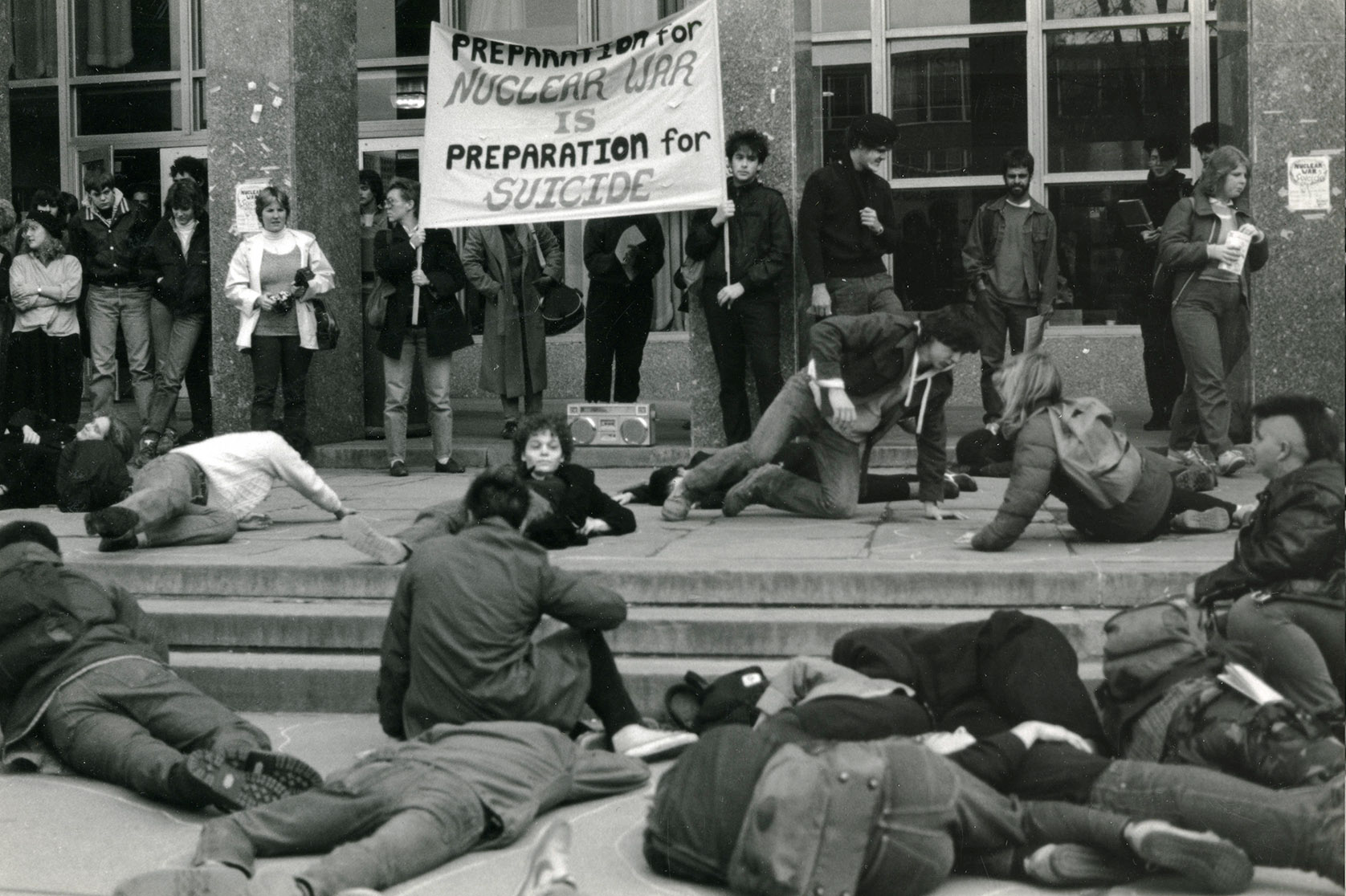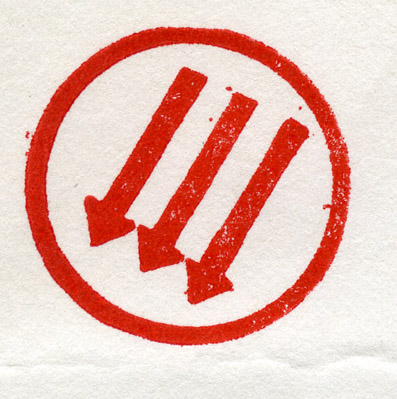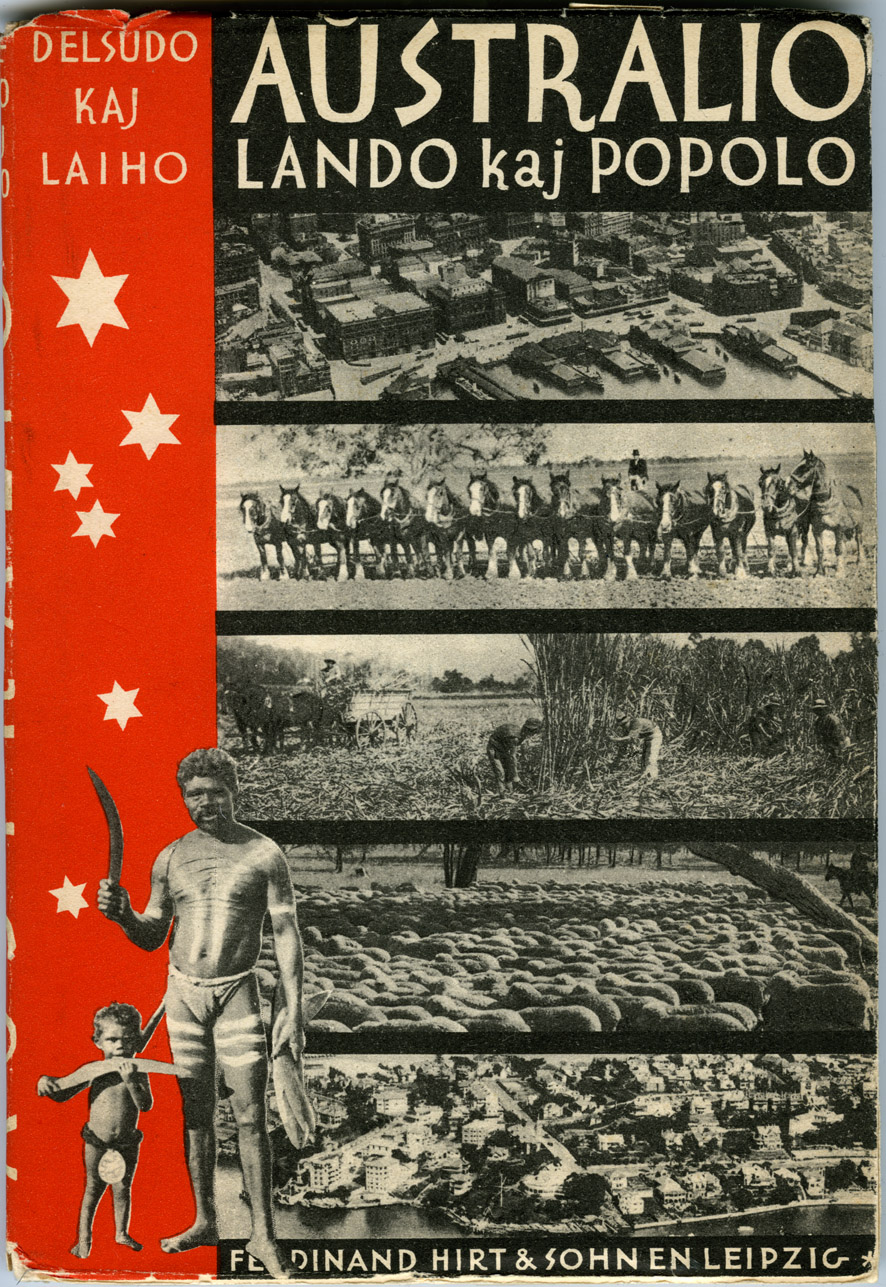Victor Aronow Collection
1937-2022 Bulk: 1967-1990
17 boxes 7.76 linear feet
Call no.: MS 1157
An alumnus of both the University of Massachusetts Amherst and Boston College, Victor Aronow was involved with the anti-draft and anti-war movement during the Vietnam War, and the movement against U.S. involvement in Central America. Aronow was also involved with socialist, anarchist, and other leftist movements and organizations. Some of these organizations include the United States Socialist Labor Party, the Peace and Freedom Party, and the New America Movement. Most of his activism was focused in Massachusetts, but he also engaged with organizations that offered support to Central American movements in Nicaragua and El Salvador. Aronow practiced law, serving as defense counsel for Arthur Montour also called Kakwirakeron in U.S. vs. Kakwirakeron, as well as a member of the Wounded Knee Legal Defense team.
Aronow’s collection consists of a series of subject files containing magazines, books, leaflets, correspondence, clippings, newspapers, and fliers from a range of national and international leftist organizations. Aronow was a member of The Boston Draft Resistance Group, Newton Draft Counseling Center, and the American Friends Service Committee. As a member, Aronow collected files from these groups including correspondence, publications, meeting minutes, newspaper clippings, and his personal notes. While practicing law, Aronow gathered court records for cases he worked on, including both his work as a member of the Wounded Knee Legal Defense team, where he worked defending the rights of the Oglala Sioux tribe members who were involved in the attempted liberation of Wounded Knee in 1973, as well as a member of the defense counsel in U.S. vs. Kakwirakeron in 1990. The collection contains files gathered from multiple trials related to Wounded Knee including correspondence between lawyers and defendants, court records and legal filings, newsletters, press releases, funding appeals, and fliers.
Donated by Victor Aronow, 2022
Subjects
NicaraguaSocialismVietnam War, 1961-1975Wounded Knee (S.D.)--Indian occupation, 1973Types of material
Fliers (printed matter)PamphletsPosters
Restrictions: none none





